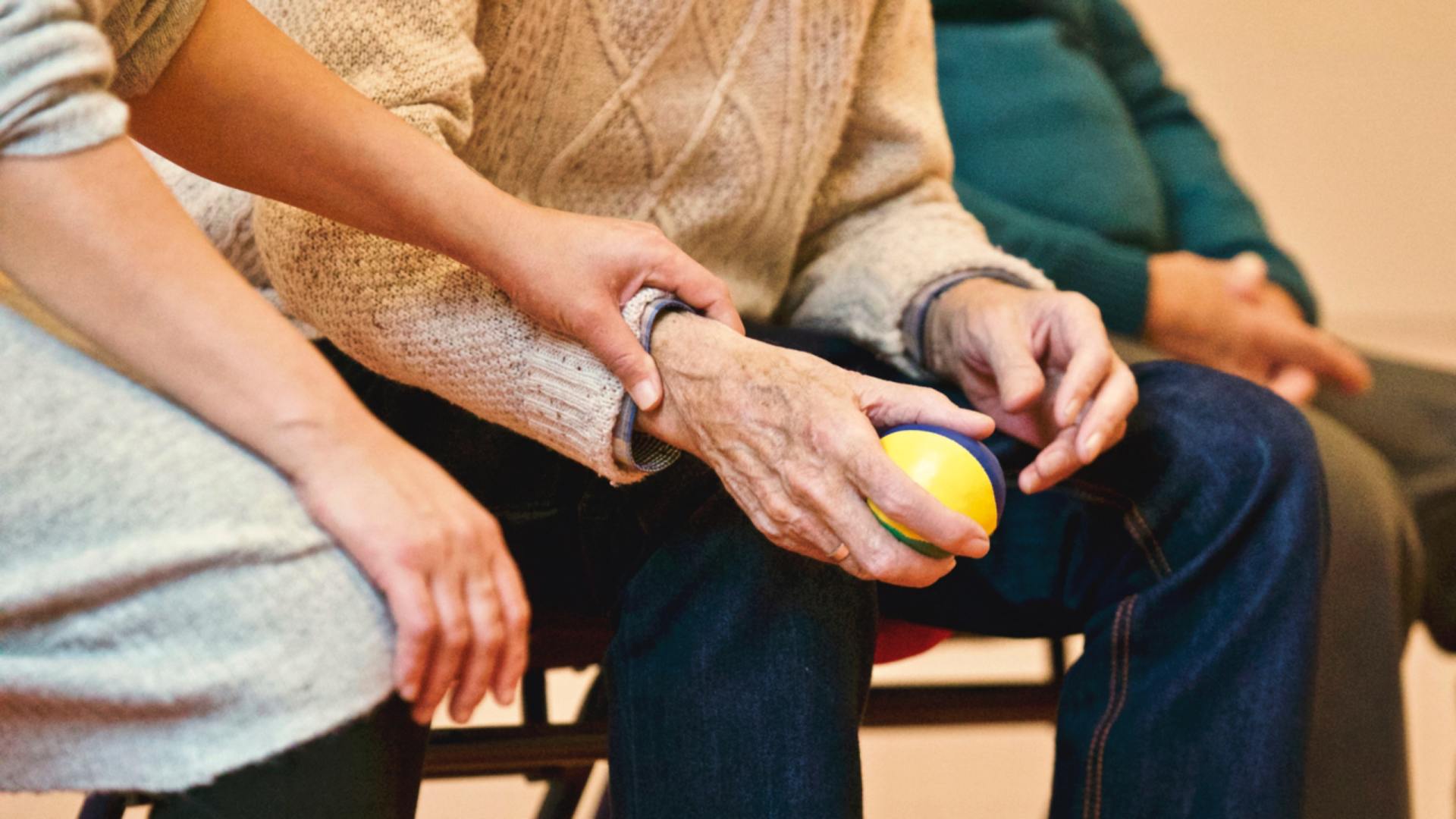







Optimal Home Care is devoted to helping our clients and their family members stay informed and up to date on aging and the illnesses and conditions that affect seniors most. This week we’re here to discuss the most common illnesses seen in individuals over the age of 50 years old, and the best ways to help prevent them.
Unfortunately, arthritis can’t always be prevented. Depending on age, family history, and gender , arthritis can be inevitable. When developing arthritis, joints become achy and difficult to move. If arthritis is caught early, different actions can be taken to help relieve the and stymie the worsening of discomfort. The best way to prevent arthritis in seniors is to maintain an overall healthy lifestyle, ensuring proper nutrition and plenty of exercise. By eating healthy and working out, seniors can rest easy knowing they’re taking action against those achy joints.
As we age, our respiratory systems become weak and susceptible to illnesses. In seniors, bronchitis and pneumonia are common; these diseases can be very dangerous depending on the severity and the health status of the individual they affect. Firstly, it’s crucial to consult a doctor. They’ll make a diagnosis so you’ll know whether or not the infection might be bronchitis, pneumonia, or a different respiratory infection , as many of the symptoms appear identical. Next, to prevent the infection, it’s crucial that seniors protect their bodies and their belongings from those who might be sick. Wash hands frequently, and refrain from sharing chapstick, grooming supplies, or any other item that may be carrying germs.
According to the National Institute on Aging , cognitive health refers to the health of motor functions, emotional functions, and sensory functions in an individual. As we age, our general cognitive health begins to lose agility, and many mental functions become more strenuous. Like arthritis, some forms of cognitive disease are caused by heredity or other factors, but there are ways to stave off the mind’s decline. Keeping up with health screenings can help you or your loved one’s doctor keep an eye on cognitive functioning. It’s also important to avoid substances that alter cognitive function, such as alcohol, recreational drug use, or tobacco use. The best way to avoid decreased cognitive health is to continually work toward overall bodily health.
People of mature age need to spend extra time planning and tracking diet choices. Appetite changes over time and can either promote over-eating or under-eating. By encouraging yourself or your loved ones to not only eat in the proper moderation, but also to make healthy choices, preventing these common occurrences can be manageable. On top of choosing a healthy diet, an appropriate amount of exercise can be the perfect supplement in the lives of seniors.
Our bodies age, so why wouldn’t our mouth age right along with it? Our teeth become more susceptible to disease, and the tissue in our mouth becomes thin as it begins to stop replacing itself as we get older. On top of increasing fragility, many seniors experienced improper dental care in their youth, as science has taken leaps and bounds since then. For that reason, many seniors’ oral health starts from a worse place than younger generations who had access to fuller, more complete dental care. It’s important to prioritize dental health as you would any other part of the body, as keeping a healthy mouth will improve the quality of life for seniors. While it may feel time consuming, there’s no time like the present to adopt a better oral health care regime and work to prevent any oral diseases or infections.
If there have been issues regarding your health or the health of a loved one, we’re here to help. Call us todayto learn more about how Optimal Home Care can fit into your life and provide extra care.







